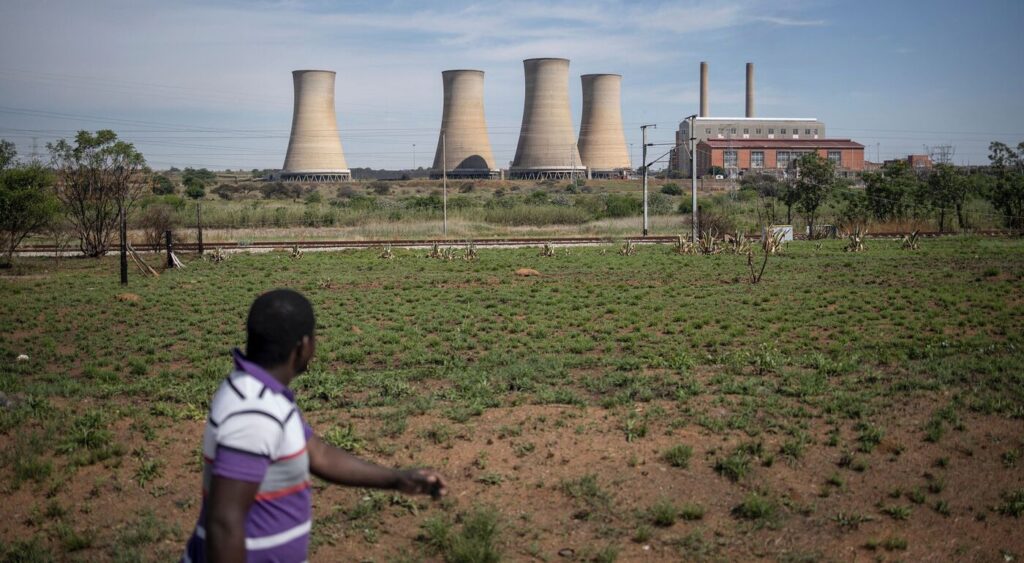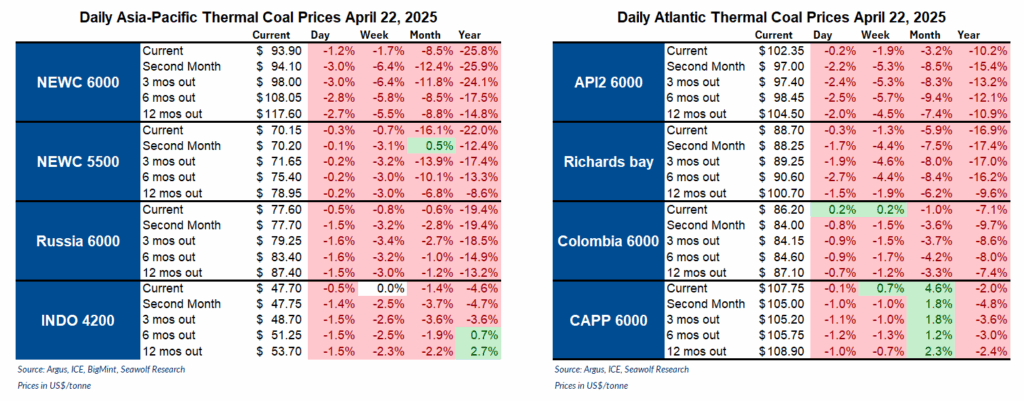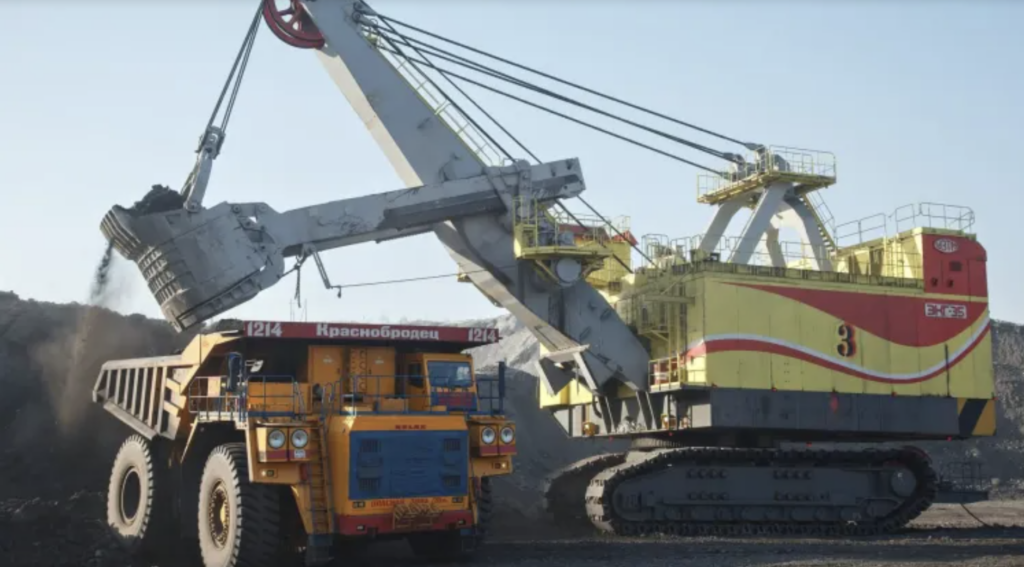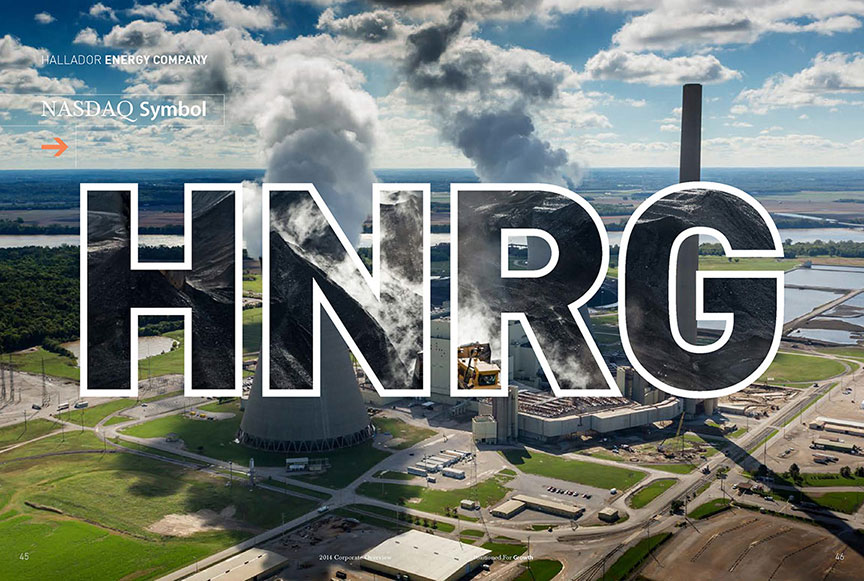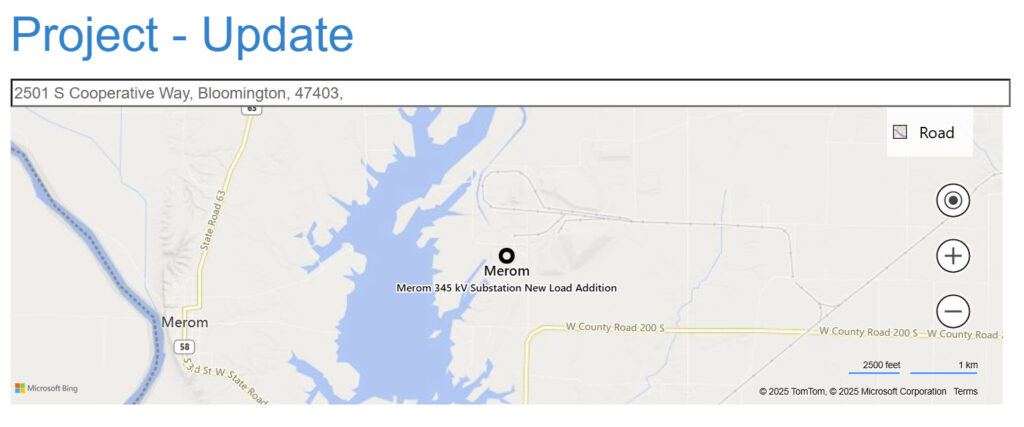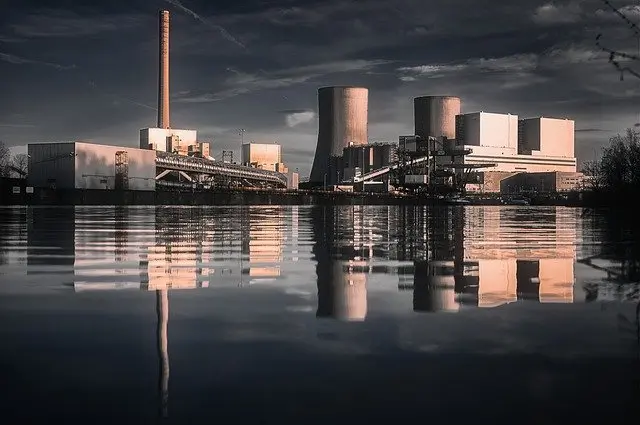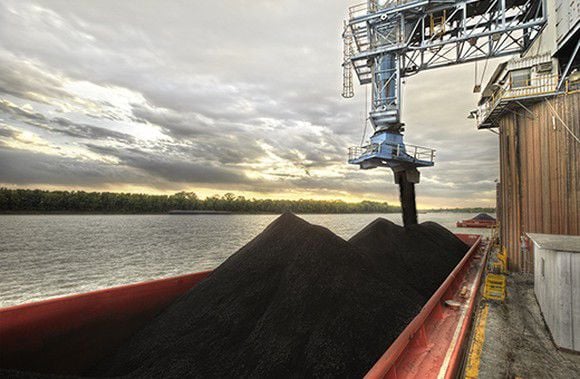Tshwane, the municipality that includes the South African capital of Pretoria, plans to lease out two shuttered coal-fired power plants as it struggles to meet demand for electricity amid a nationwide energy crisis.
The decision by the opposition-controlled council highlights the desperation of the country’s biggest cities to end power cuts imposed by the state utility that is slashing revenue, snarling traffic and angering citizens.
It also comes months before a national election in which the ruling party is expected to lose support partially because of its inability to provide reliable electricity supply.
The appetite of private operators for the 40-year leases on the Rooiwal Power Station and the Pretoria West Power Station will hinge on whether its feasible to revive the plants, which are in disrepair. The municipality said it plans to procure 1,000 megawatts of power to cut its reliance on state-owned Eskom Holdings SOC Ltd. and reduce outages, known locally as load shedding.
“Every time higher stages of load-shedding hit us, it destroys our infrastructure, leads to prolonged outages and frustration,” Tshwane Mayor Cilliers Brink said in a statement on Thursday. “This project to move in a different direction is so important to our future.”
Pretoria West Power plant is a 180-megawatt plant that opened in 1952, while Rooiwal is a 300-megawatt facility that was completed in 1970. While both stopped producing power more than a decade ago, Tshwane, which has a population of 3.6 million people, is still responsible for the maintenance and staff salaries.
Both plants would require investment to restart at a time when South Africa’s largest banks are limiting lending to coal projects in line with improving their climate credentials.
Rooiwal potentially has 10 years of life left and “coal is the immediate and rational solution,” Sipho Stuurman, a Tshwane spokesman, said by text message. “Pretoria West requires a complete overhaul in any event, so there we will look at gas/biomass/waste to energy solutions.”
Rooiwal could be converted to gas in 10 to 15 years, he said
South Africa relies on coal for more than 80% of its electricity. Its economy is the third-most carbon intensive globally after Mongolia and the Solomon Islands, according to Our World in Data.

